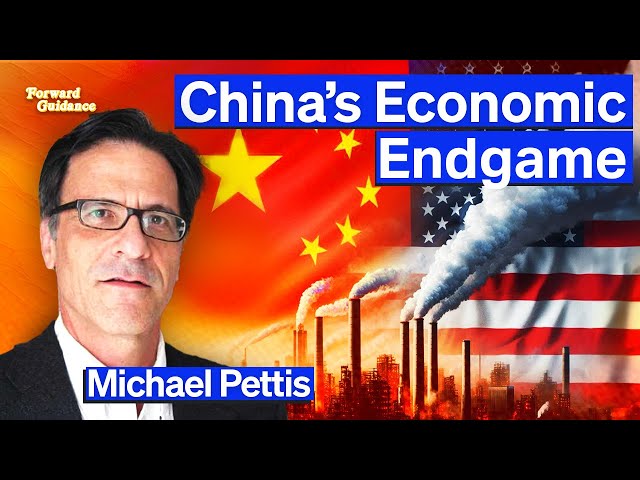Podcast Summary
This podcast episode delves into the Federal Reserveeral Reserve’s (Federal Reserve) recent hawkish stance, the rising unemployment rate, and the potential impact on the market. It also explores the influence of the fiscal deficit on inflation, the dynamics of the labor market, and the implications of the gig economy. The guest, a former New York Federal Reserve employee, provides insights into the monetary plumbing area and the potential impact of the upcoming November election on the markets.
Key Takeaways
Federal Reserve’s Hawkish Stance and Market Reaction
- Federal Reserve’s Dot Plot: The Federal Reserve surprised with a more hawkish stance than expected, projecting only one rate cut for this year. The market’s reaction was surprisingly muted, with little movement in equity markets and short-term interest rates.
- Unemployment Rate: The unemployment rate has been steadily rising, contrary to the Federal Reserve’s forecast of 4% at the end of the year. This indicates a softening demand for labor and a large influx of immigration.
Impact of Fiscal Deficit and Inflation
- Fiscal Deficit: The significant fiscal deficit is expected to keep inflation around its current level. The fiscal deficit and increased spending are debasing the currency, creating a tailwind for financial assets.
- Inflation: Despite the fiscal deficit, the author expects inflation to remain stable. However, the large fiscal deficit and upward pressure on inflation could lead to a sell-off in the bond market in the long term.
Role of the Gig Economy and Migration
- Gig Economy: The rise of the gig economy and migration may be affecting the accuracy of labor market data. This could have implications for the Federal Reserve’s policy decisions.
- Migration: The large influx of immigration is contributing to the rising unemployment rate, indicating a softening demand for labor.
Impact of the November Election on the Markets
- November Election: The guest suggests that the outcome and policy differences between the candidates will have a bigger impact on the markets than the Federal Reserve’s actions. A Trump victory could lead to a higher S&P and a bond sell-off, while a Biden victory could impact housing demand and wages.
Relevance of Monetary Policy
- Monetary Policy: The guest suggests that the Federal Reserve may become less important in determining the economy and markets due to the fiscal authorities’ ability to create inflationary policies and the potential limitations on the Federal Reserve’s tools. However, the guest views this as a cyclical rather than a secular change in the relevance of monetary policy.
Sentiment Analysis
- Bullish: The speaker expresses a bullish outlook on equities and Bitcoin, citing increased institutional acceptance. The speaker also predicts that the structural forces of foreign central bank diversification and increased gold holdings by China and other emerging markets will continue to support gold prices.
- Bearish: The speaker identifies geopolitical risks as the most compelling bear case for the market, citing the potential for escalation in situations like the Ukraine conflict. The speaker also acknowledges that markets may not always be sensitive to geopolitical events.
- Neutral: The speaker has a somewhat neutral to higher outlook on yields in fixed income. The speaker also challenges the notion that higher yields would necessarily put pressure on equities, citing examples of countries like Mexico and Brazil where high interest rates did not hinder stock market performance.












